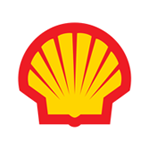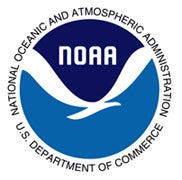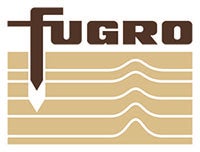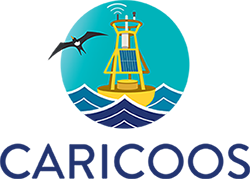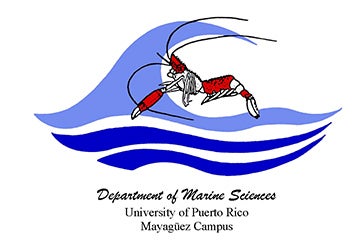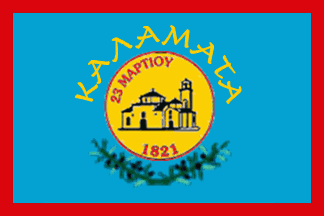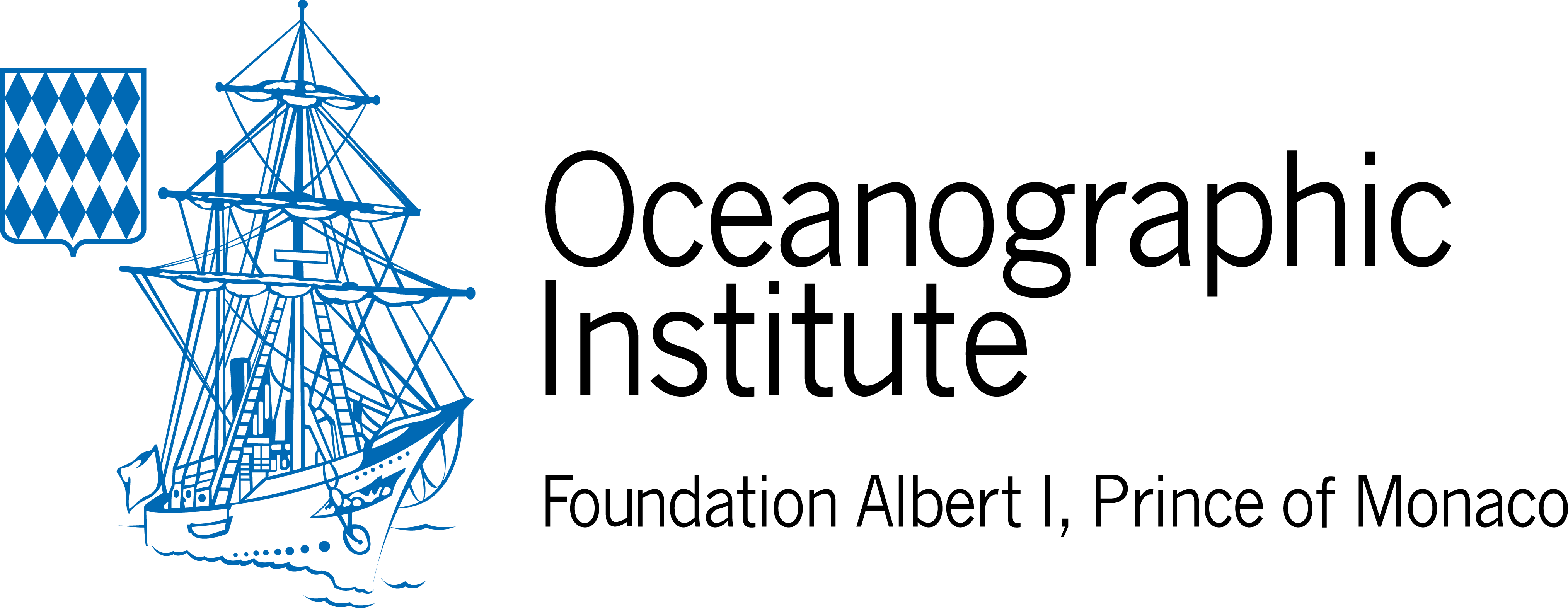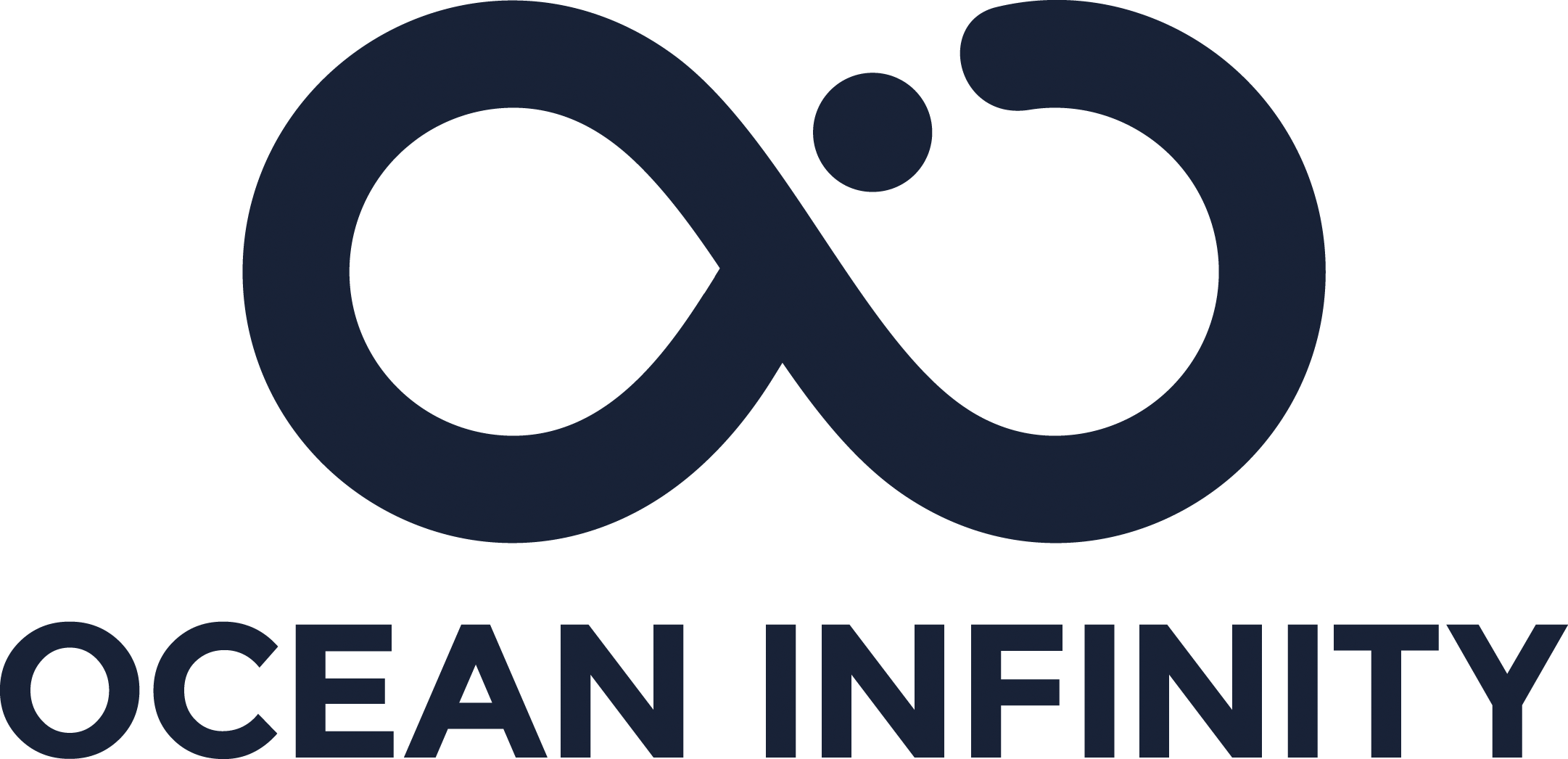Designed to accelerate our understanding of the deep sea, this prize challenged teams to develop autonomous technologies capable of mapping the ocean floor quickly, accurately, and without human intervention to unlock a new era of ocean exploration.
Impact
4,000 meters below ocean surface—depths at which teams created topographical ocean floor maps
$800k—NOAA Bonus Prize won by Ocean Quest, a team of junior high and high schoolers
Winners
GEBCO-NF’s SEA-KIT vessel and cloud-based mapping system revolutionized ocean exploration—cutting mapping timelines by centuries and enabling unmanned, multi-mission operations on the open sea.

GEBCO NF Alumni
Sponsors
Sponsors fund the prize journey from bold idea to breakthrough—shaping each competition, supporting global teams, and accelerating solutions that scale. Their backing powers impact that lasts well beyond the prize.
Latest News
Partners
Partners play a hands-on role in our prizes—co-designing competitions, supporting operations, and helping scale solutions with their expertise, resources, and global reach.
Advisors + Experts + Operations
Before this prize, only 4% of the seafloor had been mapped. Experts warned it could take 600 years to finish the job. Deep ocean exploration was held back by extreme conditions, high costs, and slow, crewed ships—leaving most of our planet a mystery.
A winning innovation should autonomously map the seafloor at high resolution without relying on crewed ships or GPS. It should operate in deep-sea conditions, process data rapidly, and redefine how humanity explores, protects, and understands the ocean.
Launched in 2015, the $7M Shell Ocean Discovery XPRIZE challenged teams to develop autonomous technologies that could map the seafloor without relying on human crews, GPS, or surface support. At the time, only 4% of the world’s ocean floor had been mapped using modern methods. Experts estimated it would take another 600 years to complete the job.
Finalists had to map 250 km² of seafloor at 5-meter resolution in 24 hours—and deliver their data within 48 hours. These extreme requirements simulated the demands of deep-sea discovery in real-world conditions. GEBCO-NF, the winning team, deployed a fleet of unmanned surface vessels, including the groundbreaking SEA-KIT platform, paired with deep-sea robots and cloud-based processing tools.
Their success didn’t just win the prize—it changed the field. By 2023, over 25% of the ocean floor had already been mapped, thanks in part to the new standard GEBCO-NF helped set.
Their tech has since been used for everything from deep-sea science to the first-ever unmanned cargo crossing of the Atlantic—proving that what started as a moonshot is now a maritime movement.
The prize was launched in 2015. Trials took place in 2017–2018, with final deep-sea tests off the coast of Greece. GEBCO-NF was awarded the Grand Prize in 2019.
Other Competitions
IN ENERGY + CLIMATE + NATURE

